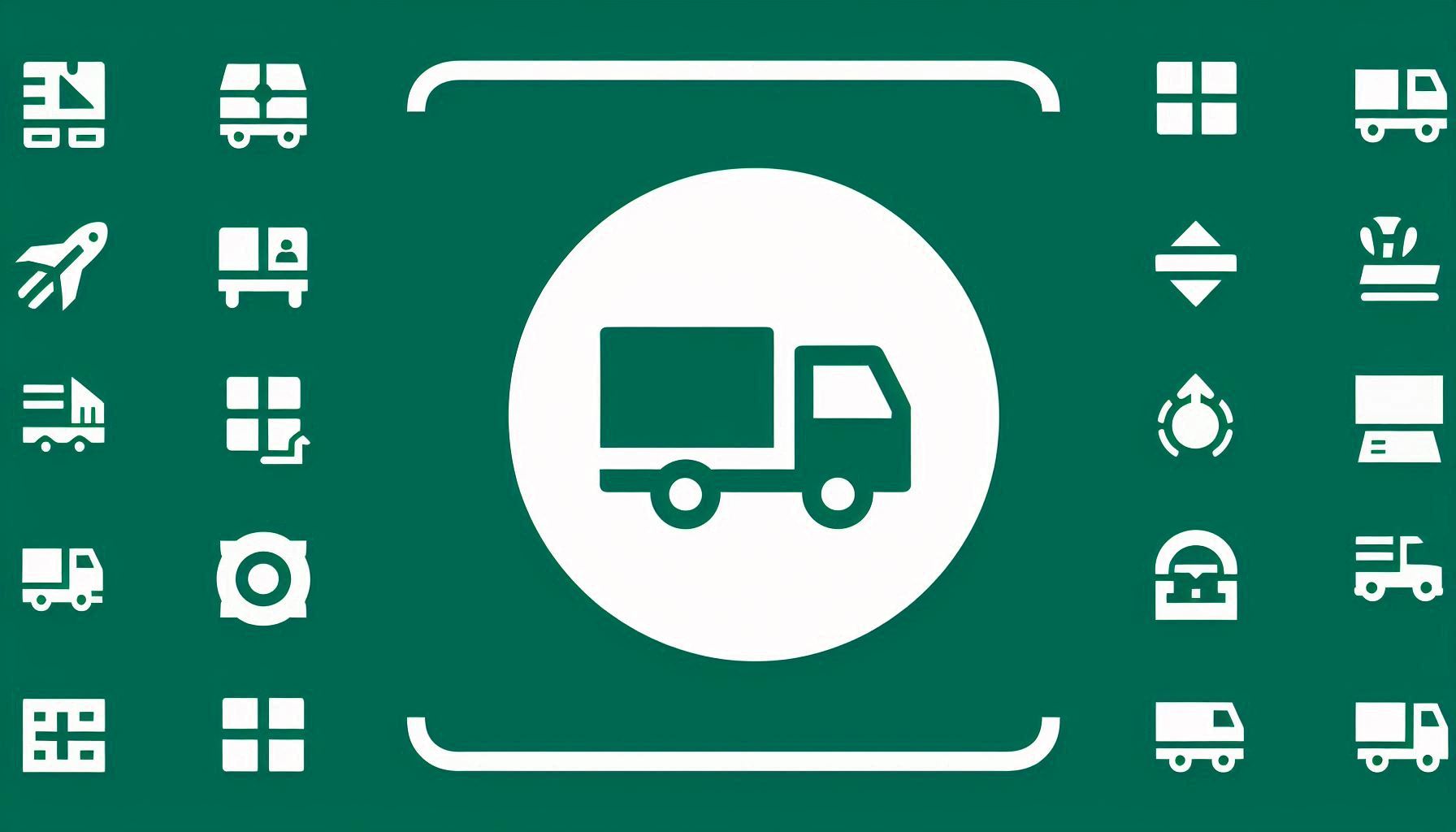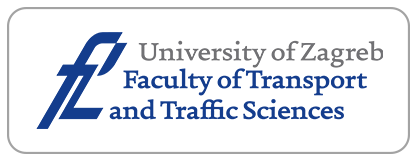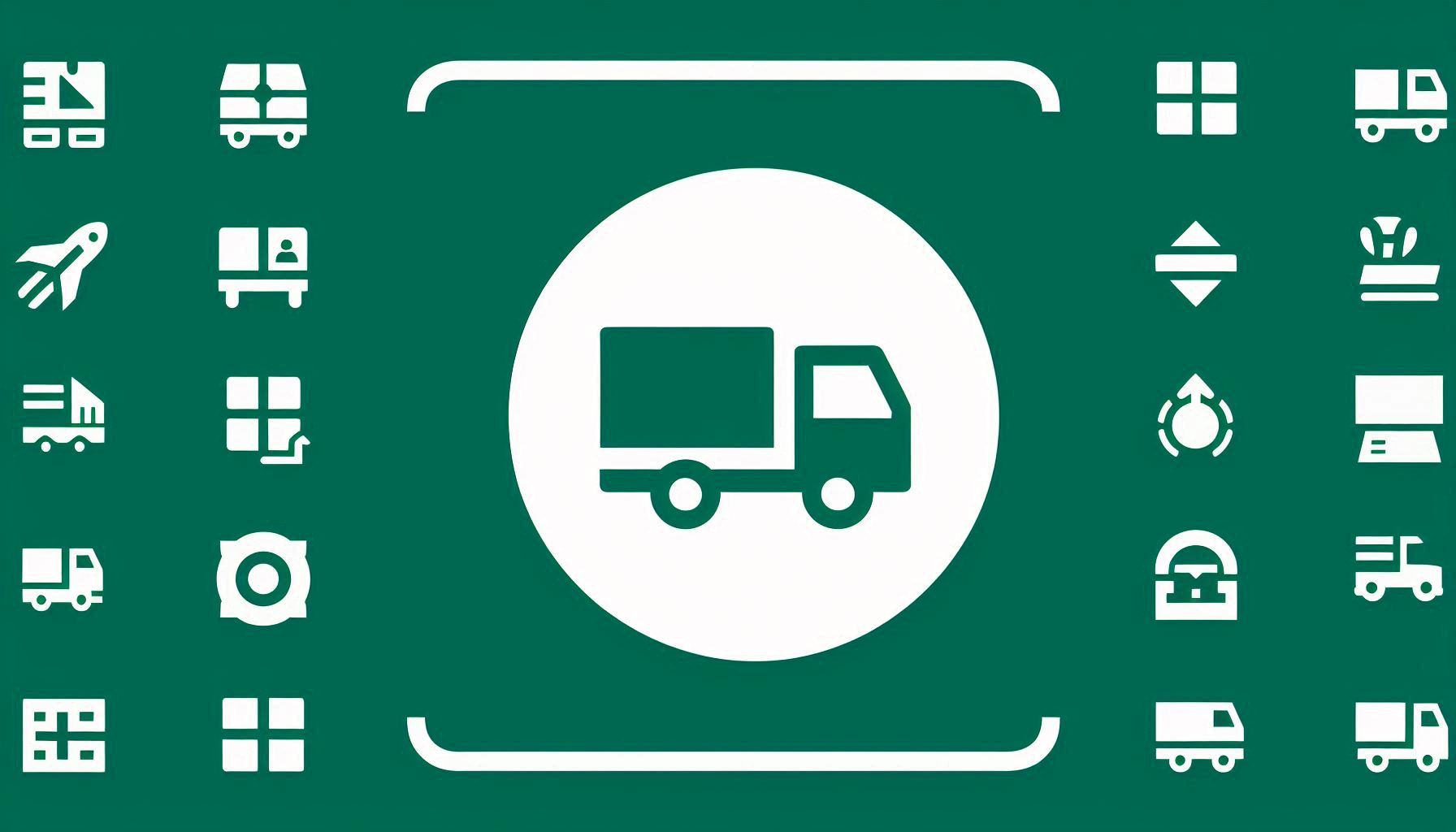Environmental Sustainability and Freight Transport Performance in the EU – An Autoregressive Conditional Heteroscedasticity (ARCH) Model Analysis

Downloads
Transportation, which is a significant facilitator of global trade and development, faces a serious problem with respect to sustainability. Firstly, there is the need to minimise greenhouse gas emissions while maintaining profitability and social responsibility. Transportation will be totally decarbonised by consistently moving towards a more sustainable, diverse and resilient range of transportation modes with advanced vehicle technologies. However, what impact this will have on the economic performance of transport service providers remains a big question. The aim of this study is to examine the short-run relationship between environmental sustainability in road freight transportation and the economic performance of the road freight transport sector in the European Union using an autoregressive conditional heteroscedasticity (ARCH) model. The analysis was conducted using annual data spanning from 2008 to 2021. The results indicate that energy taxes on transport and storage, biodiesel consumption and vehicle capacity utilisation have a positive and significant impact on freight transport performance (FTP). The findings suggest that policymakers could use energy taxes and incentives to promote the use of biodiesel in the transportation sector to increase FTP. Additionally, efforts to improve vehicle capacity utilisation could significantly increase FTP and have positive environmental implications such as reducing traffic congestion and emissions.
Downloads
Bask A, Rajahonka M. The role of environmental sustainability in the freight transport mode choice: A systematic literature review with focus on the EU. International Journal of Physical Distribution & Logistics Management. 2017;47(7):560-602. DOI: 10.1108/IJPDLM-03-2017-0127.
Pan S. Horizontal collaboration for sustainable transport and logistics. 2017. DOI: 10.13140/RG.2.2.20254.43844.
UNFCCC. Transport – climate action pathway. Unite nations climate change. 2022. https://unfccc.int/climate-action/marrakech-partnership/reporting-tracking/pathways/transport-climate-action-pathway.
United Nations. Global climate action pathway: Transport vision and summary. Global Climate Action. 2021. https://unfccc.int/documents/279262 [Retrieved 2 Sep. 2022].
Evangelista P, Santoro L, Thomas A. Environmental sustainability in third-party logistics service providers: A systematic literature review from 2000–2016. Sustainability. 2018;10(5):1627. DOI: 10.3390/su10051627.
McKinnon AC, Ge Y. Use of a synchronised vehicle audit to determine opportunities for improving transport efficiency in a supplychain. International Journal of Logistics Research and Applications. 2004;7(3):219-238. DOI: 10.1080/13675560412331298473.
Gnap J, Konečný V, Varjan P. Research on relationship between freight transport performance and GDP in Slovakia and EU countries. Naše more. 2018;65(1):32-39. DOI: 10.17818/NM/2018/1.5.
Ruzzenenti F, Basosi R. Evaluation of the energy efficiency evolution in the European road freight transport sector. Energy Policy. 2009;37(10):4079-4085. DOI: 10.1016/j.enpol.2009.04.050.
Kalantari J. Foliated transportation networks: Evaluating feasibility and potential. Chalmers Tekniska Hogskola; 2012.
Léonardi J, Baumgartner M. CO2 efficiency in road freight transportation: Status quo, measures and potential. Transportation Research Part D: Transport and Environment. 2004;9(6):451-464. DOI: 10.1016/j.trd.2004.08.004.
Kalenoja H, Kallionpää E, Rantala J. Indicators of energy efficiency of supply chains. International Journal of Logistics: Research and Applications. 2011;14(2):77-95. DOI: 10.1080/13675567.2010.551111.
Santos G, Behrendt H, Teytelboym A. Part II: Policy instruments for sustainable road transport. Research in Transportation Economics. 2010;28(1):46-91. DOI: 10.1016/j.retrec.2010.03.002.
Merkisz-Guranowska A, et al. Development of a sustainable road transport system. WIT Transactions on the Built Environment. 2013;130:507-517.
Sobrino N, Monzon A. The impact of the economic crisis and policy actions on GHG emissions from road transport in Spain. Energy Policy. 2014;74:486-498. DOI: 10.1016/j.enpol.2014.07.020.
Zhang G, Cheng S. International oil price's impacts on carbon emission in China's transportation industry. Journal of Industrial Engineering and Management (JIEM). 2013;7(4):749-768. DOI: 10.3926/jiem.944.
Zaghdoudi T. Oil prices, renewable energy, CO2 emissions and economic growth in OECD countries. Economics Bulletin. 2017;37(3):1844-1850.
Maji IK, et al. The nexus between energy price changes and environmental quality in Malaysia. Energy Sources, Part B: Economics, Planning, and Policy. 2017;12(10):903-909. DOI: 10.1080/15567249.2017.1323052.
Nwani C. Causal relationship between crude oil price, energy consumption and carbon dioxide (CO2) emissions in Ecuador. OPEC Energy Review. 2017;41(3):201-225. DOI: 10.1111/opec.12102.
Solomon A, Ketikidis P, Koh SL. Including social performance as a measure for resilient and green freight transportation. Transportation Research Part D: Transport and Environment. 2019;69:13-23. DOI: 10.1016/j.trd.2019.01.023.
Shen Y, Bao Q, Hermans E. Applying an alternative approach for assessing sustainable road transport: A benchmarking analysis on EU countries. Sustainability. 2020;12(24):10391. DOI: 10.3390/su122410391.
Isaksson K. Logistics service providers going green: Insights from the Swedish market. Doctoral dissertation. Linköping University Electronic Press; 2012.
European Commission. A European Green Deal. 2021. https://commission.europa.eu/strategy-and-policy/priorities-2019-2024/european-green-deal_en.
Evangelista P, Santoro L, Thomas A. Environmental sustainability in third-party logistics service providers: A systematic literature review from 2000–2016. Sustainability. 2018;10(5):1627. DOI: 10.3390/su10051627.
Bilan Y, et al. Sustainability and economic performance: Role of organizational learning and innovation. Inzinerine Ekonomika-Engineering Economics. 2020;31(1):93-103. DOI: 10.5755/j01.ee.31.1.24045.
Dubey R, Gunasekaran A. Sustainable transportation: An overview, framework and further research directions. International Journal of Shipping and Transport Logistics. 2015;7(6):695-718. DOI: 10.1504/IJSTL.2015.072678.
Łukomska-Szarek J, et al. The management of urban communes in the aspect of sustainable development. Polish Journal of Management Studies. 2023;27(1):181-201. DOI: 10.17512/pjms.2023.27.1.11.
Urbański M, Sudyka J, Grondys K. Expert evaluation of road infrastructure management. Roads and Bridges-Drogi i Mosty. 2021;20(4):465-492. DOI: 10.7409/rabdim.021.028.
Gujarati DN. Basic econometrics. Prentice Hall. 2022.
Eurostat Database. Greenhouse gas emission by source sector. Custom dataset. 2023. https://ec.europa.eu/eurostat/databrowser/view/ENV_AIR_GGE__custom_5767444/default/table?lang=en.
Eurostat Database. Road freight transport by type of operation and type of transport. 2023. https://ec.europa.eu/eurostat/databrowser/view/ROAD_GO_TA_TOTT__custom_5763328/default/table?lang=en.
Eurostat Database. Energy taxes by paying sector. Custom dataset. 2023. https://ec.europa.eu/eurostat/databrowser/view/ENV_AC_TAXENER__custom_5767057/default/table?lang=en.
Eurostat Database. Final energy consumption in transport by type of fuel. Custom dataset. 2023. https://ec.europa.eu/eurostat/databrowser/view/TEN00126__custom_5768743/default/table?lang=en.
Eurostat Database. Road freight vehicle movements by loaded status. Custom Dataset. 2023.
Tabachnick BG, Fidell LS. Using multivariate statistics (5th ed.). Boston: Pearson Education; 2007.
Bollerslev T, Engle RF, Nelson DB. ARCH models. Handbook of econometrics. 1994;4:2959-3038. DOI: 10.1016/S1573-4412(05)80018-2.
Hörmann S, Horváth L, Reeder R. A functional version of the ARCH model. Econometric Theory. 2013;29(2):267-288.
Kot S. Development insights on supply chain management in small and medium-sized enterprises. Berlin: Logos Verlag; 2023.
Jakada AH, et al. The effect of oil price on the quality of environment in Nigerian. International Journal of Scientific & Technology Research. 2020;9(3):6340-7.
Pfohl HC, Zöllner W. Organization for logistics: The contingency approach. International Journal of Physical Distribution & Logistics Management. 1997;27(5/6):306-320. DOI: 10.1108/09600039710175895.
Persdotter Isaksson M. Adapting the environmentally sustainable logistics performance management process. Doctoral dissertation. Linnaeus University Press; 2018.
Blanquart C, Burmeister A. Evaluating the performance of freight transport: A service approach. European Transport Research Review. 2009;1(3):135-145. DOI: 10.1007/s12544-009-0014-5.
Murphy PR, Poist RF, Braunschweig CD. Role and relevance of logistics to corporate environmentalism: An empirical assessment. International Journal of Physical Distribution & Logistics Management. 1995;25(2):5-19. DOI: 10.1108/09600039510083916.
Alsmairat MAK, Mushtaha AS, Hammad MSA. Understanding the relationship between supply chain risk and lean operations performance. Polish Journal of Management Studies. 2023;27(1):7-25. DOI: 10.17512/pjms.2023.27.1.01.
Copyright (c) 2023 Sebastian Kot, Stephen Ojinji

This work is licensed under a Creative Commons Attribution-NonCommercial 4.0 International License.




















